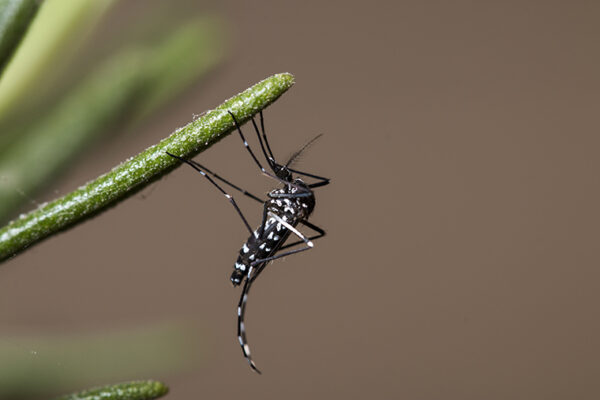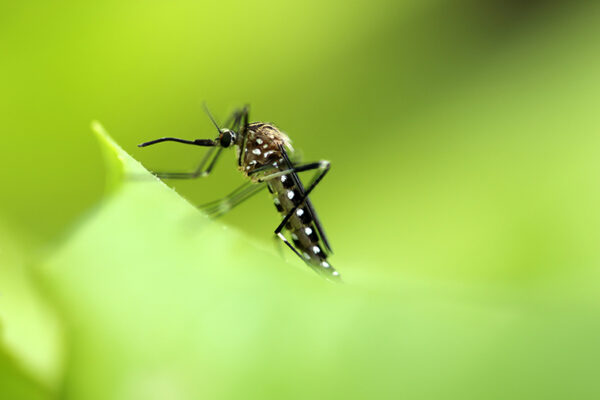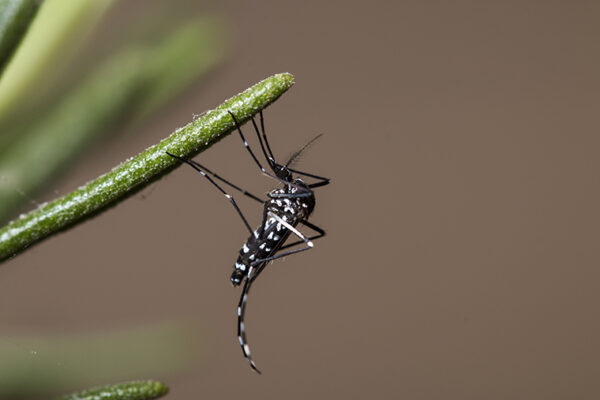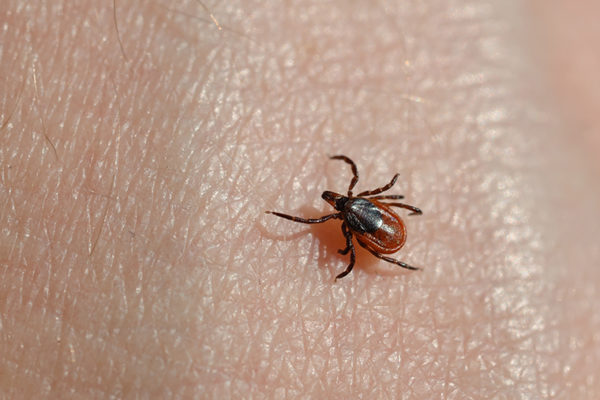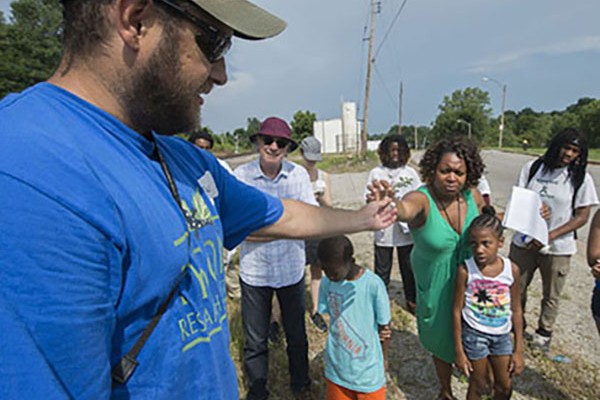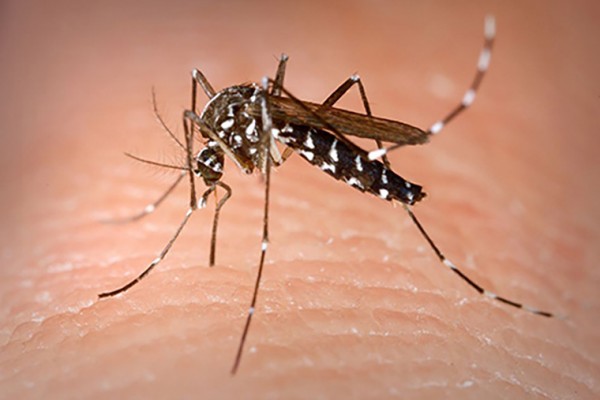Mosquitoes push northern limits with time-capsule eggs to survive winters
New Arts & Sciences research from Washington University in St. Louis shows that invasive mosquitoes at the northern limit of their current range are surviving conditions that are colder than those in their native territory. This new evidence of rapid local adaptation could have implications for efforts to control the spread of this invasive species.
A tale of two skeeters
A native mosquito in Missouri has fewer parasites when it shares its waters with an interloper, according to new research from biologists at Tyson Research Center, the environmental field station for Washington University in St. Louis.
Expanding solar power at Tyson Research Center
A trio of engineering students at Washington University in St. Louis is helping to expand the solar power-generating capabilities at Tyson Research Center, which has frequent outages.
WashU Expert: Mosquitoes and ticks do better in extreme cold than we do
Does this recent extreme cold snap spell bad news for mosquitoes and ticks this summer? Not necessarily. Researchers at Tyson Research Center, the environmental field station for Washington University in St. Louis, offer insight into how both insects are surviving the Polar Vortex that has gripped most of the Midwest and eastern United States.
Obituary: Owen J. Sexton, professor emeritus of biology, 91
Owen J. Sexton, professor emeritus of biology in Arts & Sciences at Washington University in St. Louis, died May 31 at his home in St. Louis County from complications of dementia, which he had battled for years. He was 91. Sexton was a key advocate for the purchase of the 2,000-acre Tyson Research Center property in 1963.
Every rose has its thorn — and its tick
A new study in Parasites & Vectors finds ticks in urban parks dominated by an invasive rose bush are nearly twice as likely to be infected with the bacteria that causes Lyme disease, as compared to ticks from uninvaded forest fragments. But the trend reverses itself at a broader scale.
Listening to the land
Victims of chronic flooding, dozens of homes in Baden neighborhood will be demolished this summer. But a team of Washington University in St. Louis researchers, together with the City of St. Louis, the Missouri Botanical Garden and the Missouri Department of Conservation, are determined to help the community create something better in the neighborhood.
Hot on the trail of the Asian tiger mosquito
The Asian tiger mosquito (Aedes albopictus) was spotted in Houston in 1985 but can now be
found in all of the southern states and as far north as Maine. To reconstruct its spread, scientists turned to the new discipline of landscape genetics.
Correlating genetic patterns with landscape patterns, they concluded
that the mosquito had hitched a ride along highways. One of only a handful of landscape genetics studies to track an invasive species, this is the first to detect hitchhiking.
Harnessing the sun’s power
This spring and summer, Washington University in St. Louis is adding 379 kilowatts of solar energy throughout all campuses, a move that will increase its solar output by more than 1,150 percent over previous levels. (Pictured) Tyson Research Center now has a 50-kW ground-mounted array.
Scientist helps kids — through turtles — connect with nature
Visiting scientist Stephen Blake has traveled the world trying to protect endangered species, including forest elephants and giant tortoises. Lately he and his wife veterinarian Sharon Deem have put increasing emphasis on trying to restore another endangered species: kids who care about nature. They’ve started the St. Louis Box Turtle Project as a kid-friendly way to re-introduce kids to the woods.
View More Stories
